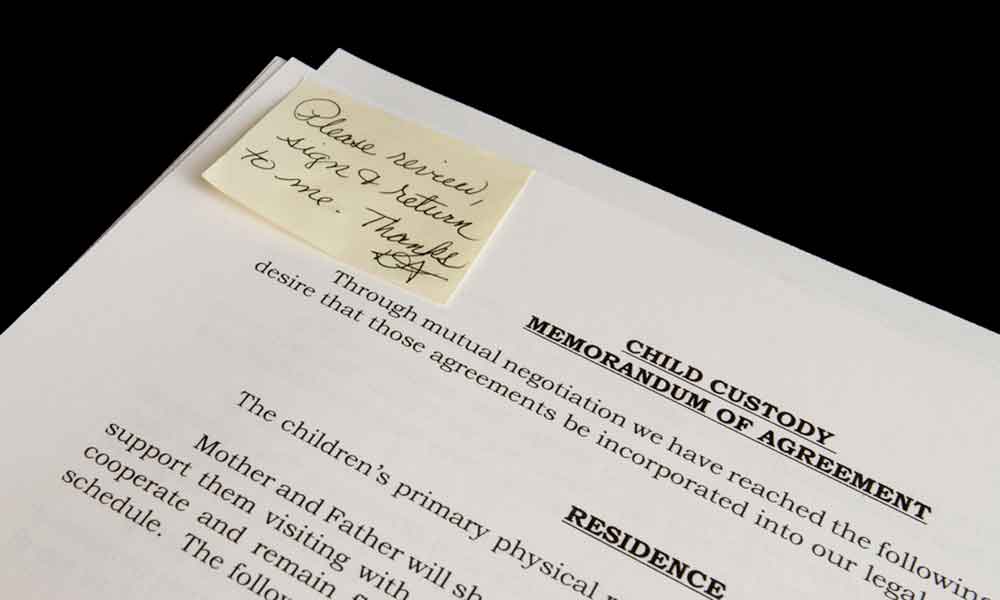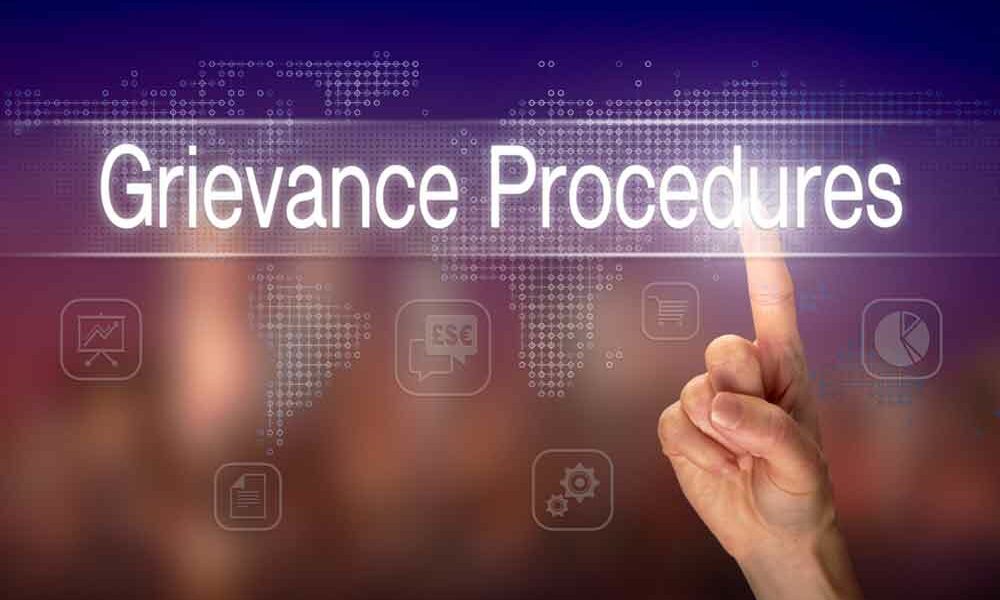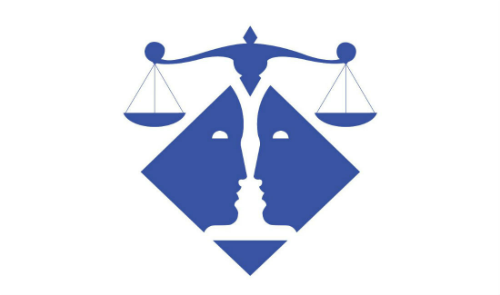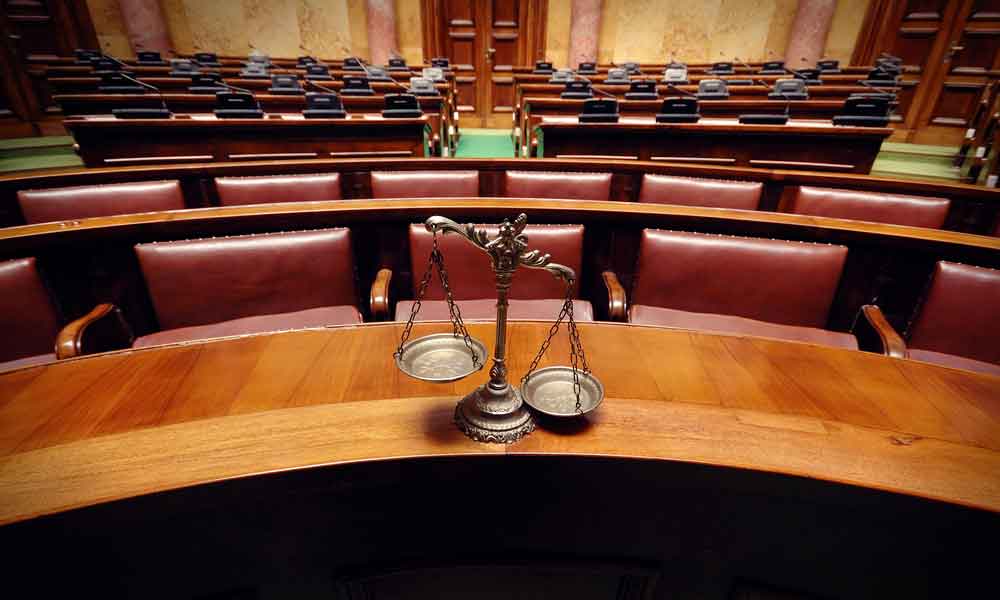BINDING & NON-BINDING ARBITRATION
PRIVATE TRIALS
What is arbitration?
Arbitration is another alternative way to resolve a dispute outside of a traditional court hearing. If the parties do not agree how to settle their dispute but they do not want to file a lawsuit or have a trial, they can voluntarily agree to arbitration. They will select the arbiter or the panel of arbiters who will make the decisions on the issues presented by the parties. Each side will explain their position and offer their evidence and arguments on how they believe the dispute should be resolved. The arbiter or a panel of two or three arbiters, will listen to the evidence and arguments of the parties and then enter a written decision based on the facts and the law. There is a court reporter who makes a record of everything that is said in the hearing.
Arbiters are often retired judges or lawyers with experience in the areas of dispute. They are paid by the hour at an hourly rate agreed to by everyone. In that way, it is more expensive than a traditional court hearing because judges, clerks and court reporters are state employees and not paid by the parties. The benefits of arbitration are that you pick who will make the decision in your case and you decide when it is heard. Some cases linger in the courts for years before they are heard because the backlog of cases pending in the courts. However, with arbitration you schedule it with the arbiters at your convenience and on your schedule. Unfortunately, judges have so many cases they are not always enter their rulings quickly but arbiters have more time and promptly prepare their written decision.
Is arbitration binding?
Arbitration is binding on the parties only if they agree in advance that the arbiters’ decision will be binding. The parties can agree to be bound by the decision or they can reserve the right to go to trial if either side does not accept the decision.
Who can use arbitration?
Any person, business, or group can use arbitration to resolve their dispute.
What kinds of cases are suitable for arbitration?
Any type of case is suitable for arbitration. This includes real estate and land disputes, contract disputes, personal injury cases, malpractice cases, business disputes, workers compensation, and employment law. It also includes family law issues including child support, custody, visitation, alimony, and equitable distribution.
Why arbitration?
Arbitration will take place promptly once everyone is ready to proceed. Unfortunately, the backlog of court cases and the inadequate number of judges available to hear cases make the typical court process slow and cumbersome. With arbitration, you will select your arbiter(s) to be sure they have the background and experience that is best suited for your situation and are able to hear and decide your case in a timely manner. Finally, you will decide in advance if the decision will be binding or if you will still have the option to go to trial if you do not agree with the decision.
How are arbiters selected?
Attorneys will usually recommend specific arbiters to their clients based on their knowledge of the arbiters and their background and experience. If you do not have a lawyer, you can interview the arbiters before making a decision and decide for yourself who you feel most comfortable with. Sometimes each side will pick one arbiter and then the two arbiters will select the third so that the panel is balanced and fair. In some cases, the court will appoint an arbiter if it is a pending court case that the court determines is appropriate for arbitration.
What does it cost?
The arbiters set their hourly fee for arbitration and that covers reviewing documents before the hearing if requested, the arbitration hearing, and writing the decision. The parties will also pay for the court reporter who will make a record of the hearing. Typically, arbitrations take place at the courthouse but some parties do not want to use the courthouse. There may be an additional fee if it is necessary to secure private accommodations for the hearing.
When is the arbitration held?
The arbitration will be held when everyone agrees to have it heard. Your schedule, business, and family commitments will be taken into consideration when selecting a date for the hearing.
DECADES OF CONFLICT RESOLUTION EXPERIENCE

REBECCA KNIGHT
Mediator | Arbitrator
Certified Superior Court and Family Financial Mediator
Former Lawyer, District &
Family Court Judge

MARVIN POPE
Mediator | Arbitrator
Certified Superior Court and Family Financial Mediator
Former Lawyer, Superior,
District & Family Court Judge
Important Information

These articles can help you get the most out of your settlement conference and answer common questions people have about mediators, mediation, and arbitration.

















